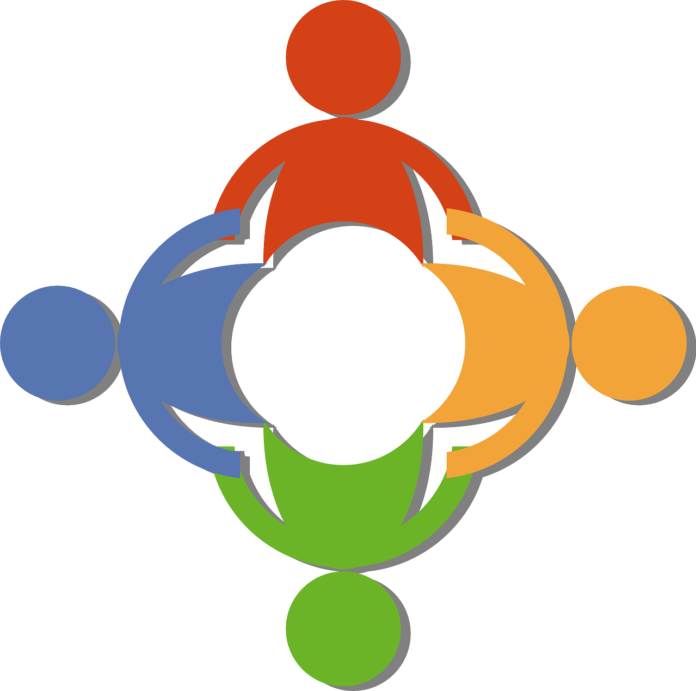As the pandemic has reached almost everywhere in the world, it is now evident that all countries were trying to get a hold of this infection using different techniques and methods. Cristina Bicchieri, a social norms expert from the School of Arts & Sciences, University of Pennsylvania explains how the social norms after a pandemic or any other disastrous event like this change. Based on this information, countries can help to create a better crisis management response in the future.
The studies conducted in nine countries of the world including Mexico, Colombia, China, South Korea, Italy, Spain, Germany, the United Kingdom, and the United States, confirmed that there is an obvious change in social norms after this pandemic.
Also read- Will Coronavirus Infection Become Seasonal?
She and another fellow researcher Enrique Fatas, from Penn, conducted a survey to understand the changes that became ‘normal’ after the coronavirus pandemic emerged. It included simple things such as wearing a mask or following social distancing. The results told that such drastic changes bound to happen through the acts and beliefs of people around us. It could be family, neighbors, friends, or even formal work colleagues.
Although the public information and the news circulating in media leave a huge impact on the expectations of the people about what should they do and what should they not do. But it is also possible that these expectations almost never change behavior towards something.
Changing the social norms after a pandemic shows that people actually want to change it and it is not just an ‘influence’ from others and media. In simple words, people change their preferences based on the behavior of other people around them and this new behavior is conditional or fulfills some expectations for them.
To check if this is true, with reference to the coronavirus pandemic, Bicchieri along with her research team collected data from individuals from nine countries with diverse expectations to study individual responses. The survey asked all participants how has this pandemic changed their lives and whether or not they will practice the precautionary measures.
The results showed that a majority of people are motivated to change whatever it needs to be safe i.e. stay at home, wear a mask. It means that they are ready to amend their behavior however it also shows a cause that changed their expectations that is a coronavirus.
According to Bicchieri this data is not enough to depict if people approve or not approve of a behavioral change. It just shows that social expectations can make people change their thinking in a different way.
But does this mean changing expectation is all that it takes in the times of a public health emergency like the COVID-19 pandemic to induce a social change? Bichieri emphasizes that no one should underestimate the value of truth in scientific information when it comes to such a situation.
Also read- High Air Pollution May Cause Cognitive Decline
During times of public health crisis, it is necessary to believe in the science, and if they not, they will probably never change their social behaviors, the report says. Expecting people to follow the SOP’s and stay at homes while disregarding the scientists is not what can make them comply with the rules.
This research team is also interested to study how gender, household income, or instruction level can affect this behavioral change in the future. While it is still possible for more pandemics to occur, it is better to be prepared on making people comply with the regulations and it needs a lot more than just this study.




